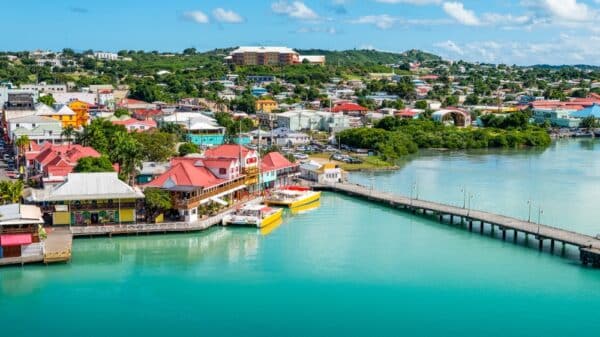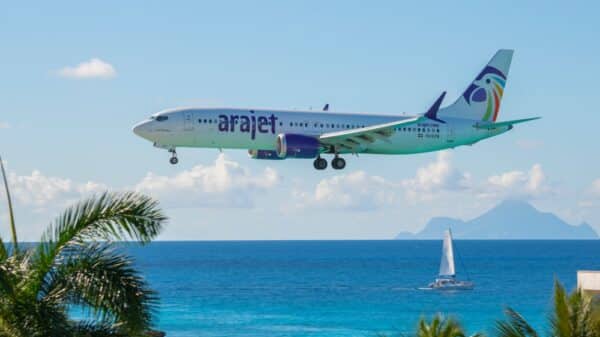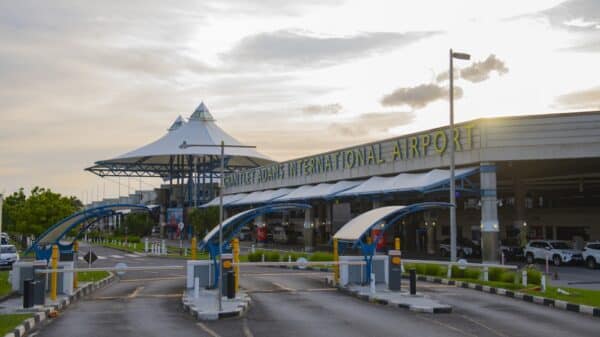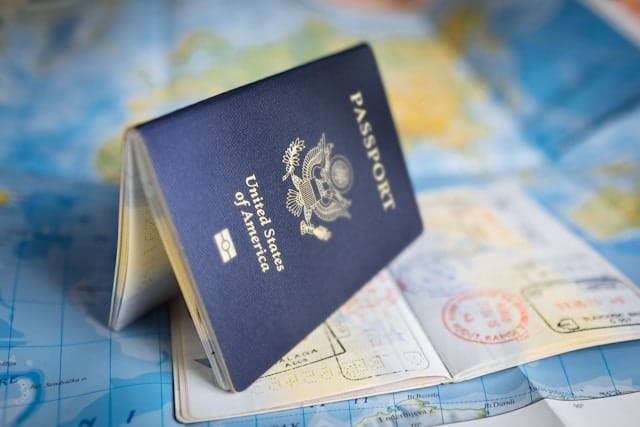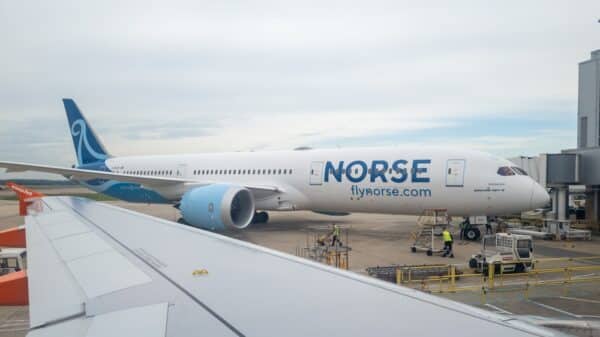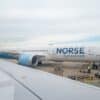Tourists applying for a U.S. visa may soon face new, potential challenges that could reshape their travel plans. The Trump administration is reportedly considering a system that would offer expedited interview appointments for those willing to pay a steep fee of $1,000. If implemented, this provision would affect all non-immigrant visa applicants and could roll out as early as December.
At present, applying for a visa involves a $185 processing fee, along with a host of documentation, including financial statements and proof of ties to one’s home country. The process culminates in an in-person interview at a U.S. embassy or consulate. The proposed fee would enable applicants to bypass some of the long wait times and get quicker access to interview slots. However, experts warn that this plan may not clear the hurdles posed by the White House budget office, and legal challenges are a possibility.
In 2023, the U.S. issued a staggering 10.4 million visas, with over half of those going to tourists. Yet, with a wave of new immigration policies, many international tourists are growing apprehensive about visiting the U.S., leading to expectations of a decline in tourism spending this year.
Alongside these changes, a so-called Gold Card visa has also made headlines. Introduced by President Trump as a “bargain,” this program would allow wealthy individuals to pave their way to citizenship for a hefty price tag of $5 million. Critics argue that such policies disproportionately favor the wealthy, leaving lower-income applicants feeling sidelined.
Other Policies Impacting Travel to the U.S.
Recently, President Trump signed an order banning citizens from twelve countries, including Afghanistan, Haiti, and Iran, from entering the U.S., effective from June 9. This sweeping ban restricts entry for these nations entirely, while seven additional countries face partial restrictions.
In conjunction with these travel bans, the federal government is embroiled in a contentious battle with elite universities like Harvard over the enrollment of foreign students. For the academic year 2023-2024, international students contributed an impressive $43.8 billion to the U.S. economy. The impacts of these restrictions could be significant for future educational and tourism-related opportunities.
Recent changes in U.S. immigration policies have stirred significant concern among international students and potential visitors, particularly regarding those linked to the ongoing geopolitical tensions. The U.S. government has notably focused its efforts on students involved in pro-Palestinian protests, leading to the distressing phenomenon of student visa revocations, especially among Chinese nationals. Adding to their anxiety, the federal authorities have put a freeze on all international student visa interviews, which has left many eager students hanging in uncertainty about their educational prospects in the U.S.
In a notable case, a recent court ruling mandated the resumption of student visa processing for Harvard students, offering a glimmer of hope. However, the broader climate has made many international scholars apprehensive about pursuing their studies in the U.S. The atmosphere feels charged; students aren’t just worrying about the usual academic challenges but also about their standing and treatment as foreigners in a country that feels increasingly unwelcoming.
A stark illustration of this concern emerged when a video surfaced online, showing an Indian student being handcuffed at Newark Airport. This incident ignited a wave of outrage and discomfort over how immigrant students are being treated in what is supposed to be a land of opportunity. Such visuals can provoke deep-seated fears among international students who might have once seen the U.S. as a golden opportunity for education and personal growth.
At the same time, tourist arrivals to the U.S. are decreasing, influenced not only by the changing immigration landscape but also by warnings from various countries regarding the noticeable rollback of LGBTQ+ rights and the erasure of diversity initiatives. Citizens, especially from countries like Canada, are feeling increasingly frustrated. Tariff disagreements and contentious remarks by political leaders about merging Canada and the U.S. only add fuel to this fire.
If the trend of international boycotts continues due to these policies, experts estimate that the U.S. might be staring down a loss exceeding $90 billion in economic impact. That quantifies just how serious the fallout could be—not only for the economy but for the very fabric of what has traditionally made the U.S. a beacon for international students and travelers.
For those watching from the sidelines, this shift feels like a critical moment. It’s not just about numbers or policies anymore; it’s about the futures of countless students and their dreams of an education that once felt like a stepping stone to a brighter future. The question now looms: How will the U.S. manage to restore its reputation as a welcoming environment for education and diversity in the face of these challenges?
Image Source: Unsplash





